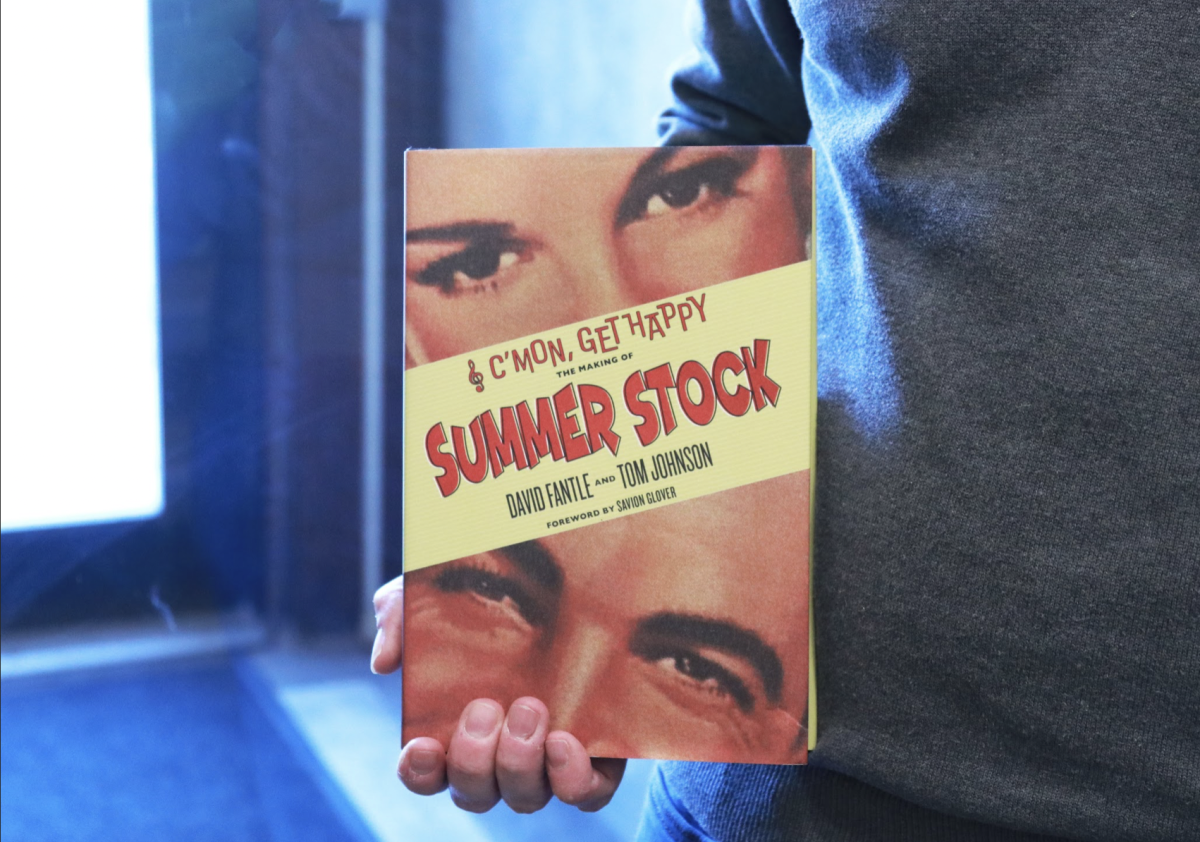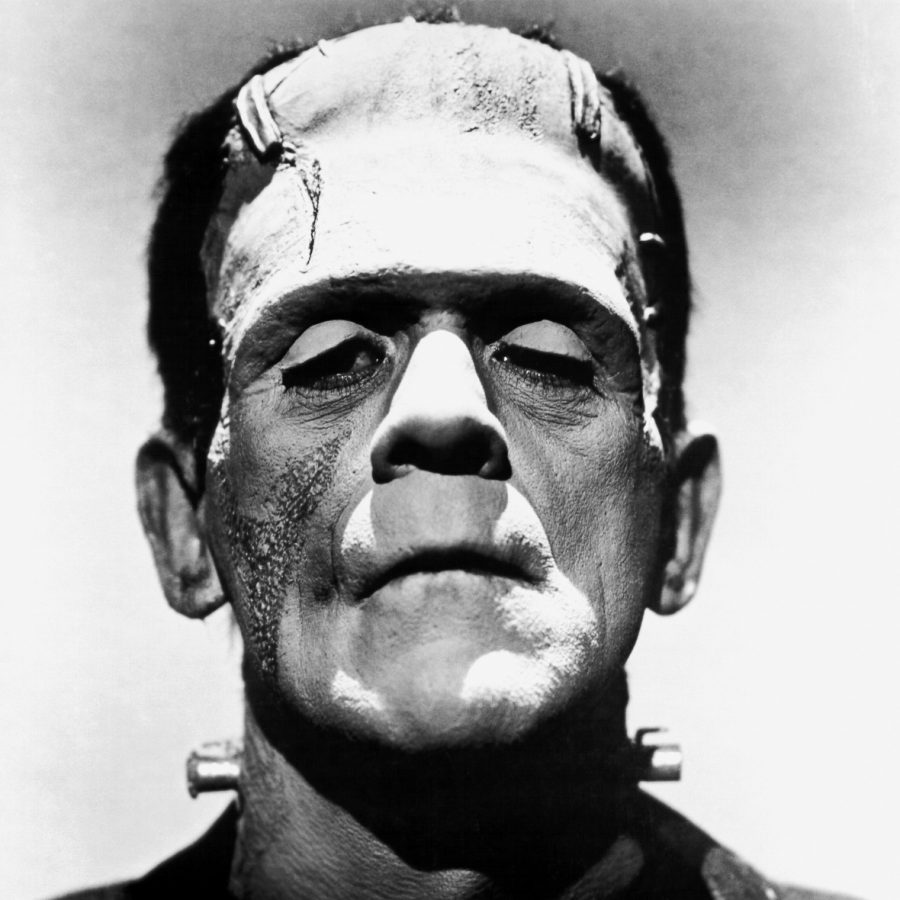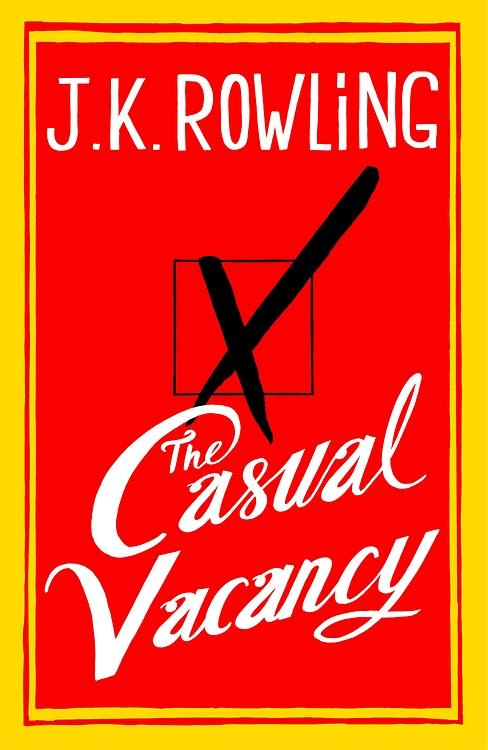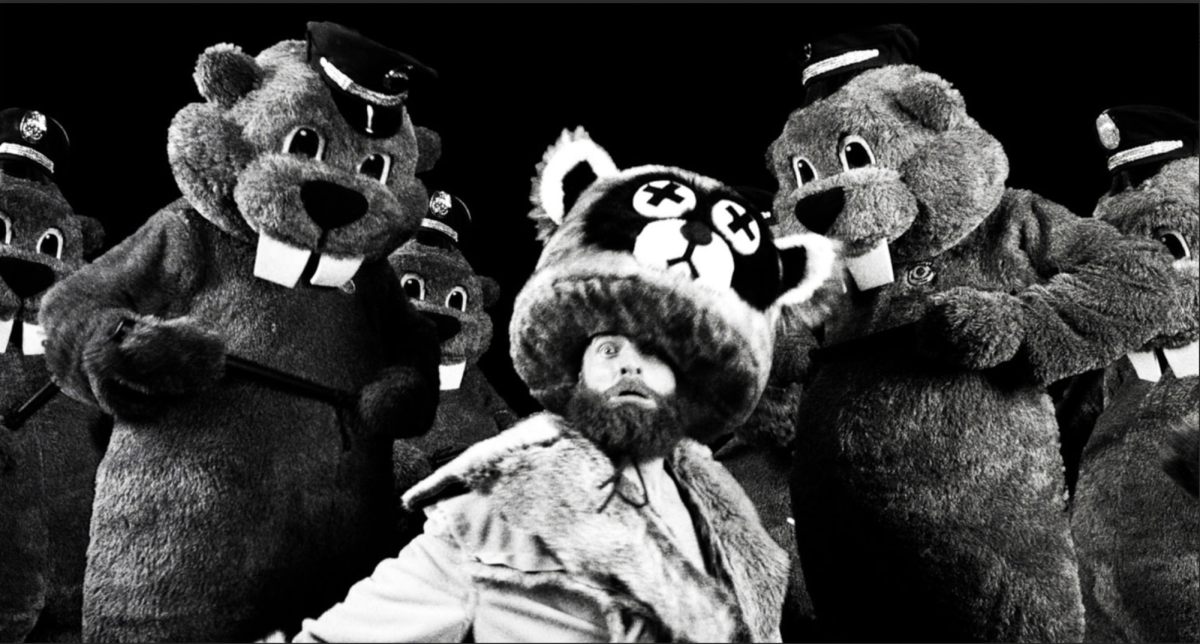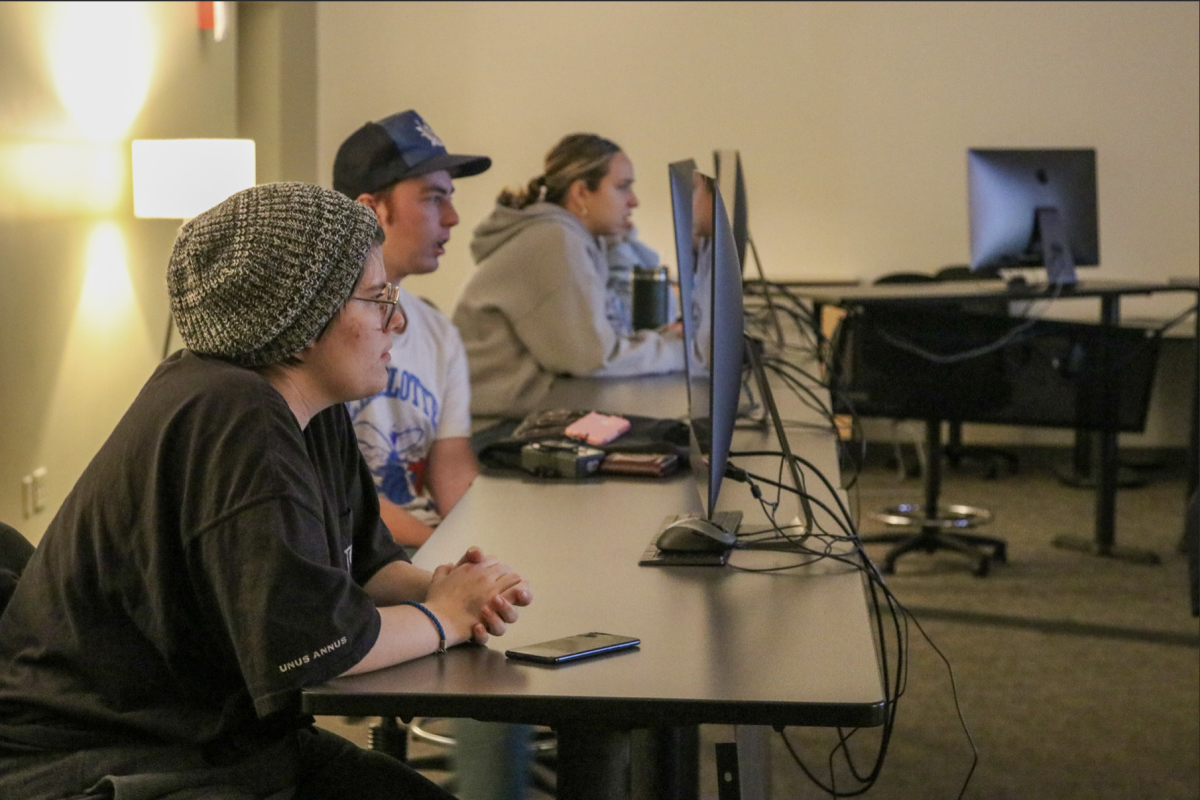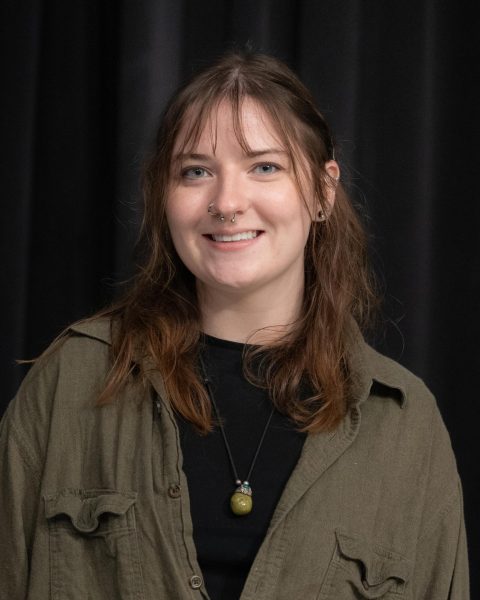David Fantle, adjunct professor at Marquette University, put together “C’mon, Get Happy: The Making of Summer Stock” a book along with his lifelong friend Tom Johnson that tells the story about the making of the 1950’s film, “Summer Stock.”
The book features interviews with stars who were involved in the making of the film along with insight about the background of the production. “C’mon, Get Happy: The Making of Summer Stock,” is a book that tells the story of how “Summer Stock” was made, received and remembered.
The film was brought to Hollywood by MGM and starred Judy Garland and Gene Kelly, some of the most influential stars of the Hollywood Golden Age. David Fantle, adjunct professor at Marquette University, put together “C’mon, Get Happy: The Making of Summer Stock”
Fantle and Johnson grew up together in St. Paul, Minnesota and both shared a deep interest in film and TV. Later on, both worked for The Minnesota Daily as Arts and Entertainment reporters in the late 70’s.
“Johnson and I shared a love affair and interest with these Golden Age Hollywood films. We started writing to stars like Fred Astaire and Gene Kelly using snail mail, asking if they would consent to meet us in Los Angeles. We went out as 18-year-olds and had these really transformational meetings with these screen legends,” Fantle said.
Fantle said meeting with Astaire was like their “Willy Wonka golden ticket” and soon enough, possibilities opened up for them within the arts and entertainment world. Fantle and Johnson continued to conduct celebrity interviews, even talking to many people who worked on “Summer Stock” because of their fame during the 70’s, not yet knowing they would write a book about it decades later.
“Our book in a way is 45 years in the making because if you look at the musical, there are several people associated with this production from 73 years ago that Tom and I originally talked to decades ago. That includes Gene Kelly, Charles Walters the film’s director, supporting players and the main songwriter/composer, Harry Warren,” Fantle said.
Fantle said they began the writing process about five years ago, but it was challenging due to the amount of extensive research that had to be done. They worked with The Academy Library in Los Angeles, Boston University, archives at Southern Methodist University, The University of Wyoming and The Smithsonian.
The book was pieced together by Fantle and Johnson’s insight and knowledge of the film and multiple institutions with archives and information pertaining to the film. Also playing a part in how the book was made were the perspectives of stars who either worked on Summer Stock or have some connection to the film. Fantle said these unique perspectives make the story about the film’s history not only readable, but relevant.
“We didn’t want to just make this like any old history book, so we did something called ‘Taking Stock.’ This means talking to living artists and having them give their download on this film with their perspective today. This includes Lorna Luft who is Garland’s daughter, Kerry Kelly Novick who is Gene’s daughter, Mandy Moore, the choreographer of ‘La La Land’ and many others,” Fantle said.
There is known Hollywood lore surrounding Garland and the production itself such as Garland’s drug dependency, marriage and more. Summer Stock was the final MGM film Garland ever starred in. Fantle said part of their goal was to “bust some of these myths” surrounding the production.
Fantle said the idea behind addressing the dark parts regarding the production was to take an empathetic and balanced outlook towards the behind-the-scenes aspects of the film. As it says on the back of the book, “looking at all of the factors that made this a troubled production that became a triumphant musical.”
Garland’s hit musical number “Come on Get Happy,” talks about forgetting your troubles and finding joy even in the hardest of times. The film was released during a time of hardship during the 50’s. Decades since then, the musical number remains timeless, written to evoke still that same feeling of happiness and joy.
“When Johnson and I first got hooked on musicals, we were 15 years old, and it was during the time when we were getting out of the Vietnam War; there was a lot going on in the world. These musicals represented escapism. “Come on Get Happy,” those lyrics, even in the hardest, most difficult times, there’s nothing like taking 109 minutes and watching Summer Stock and escaping,” Fantle said.
This story was written by Sofía Cortés. She can be reached at sofia.cortes@marquette.edu.


